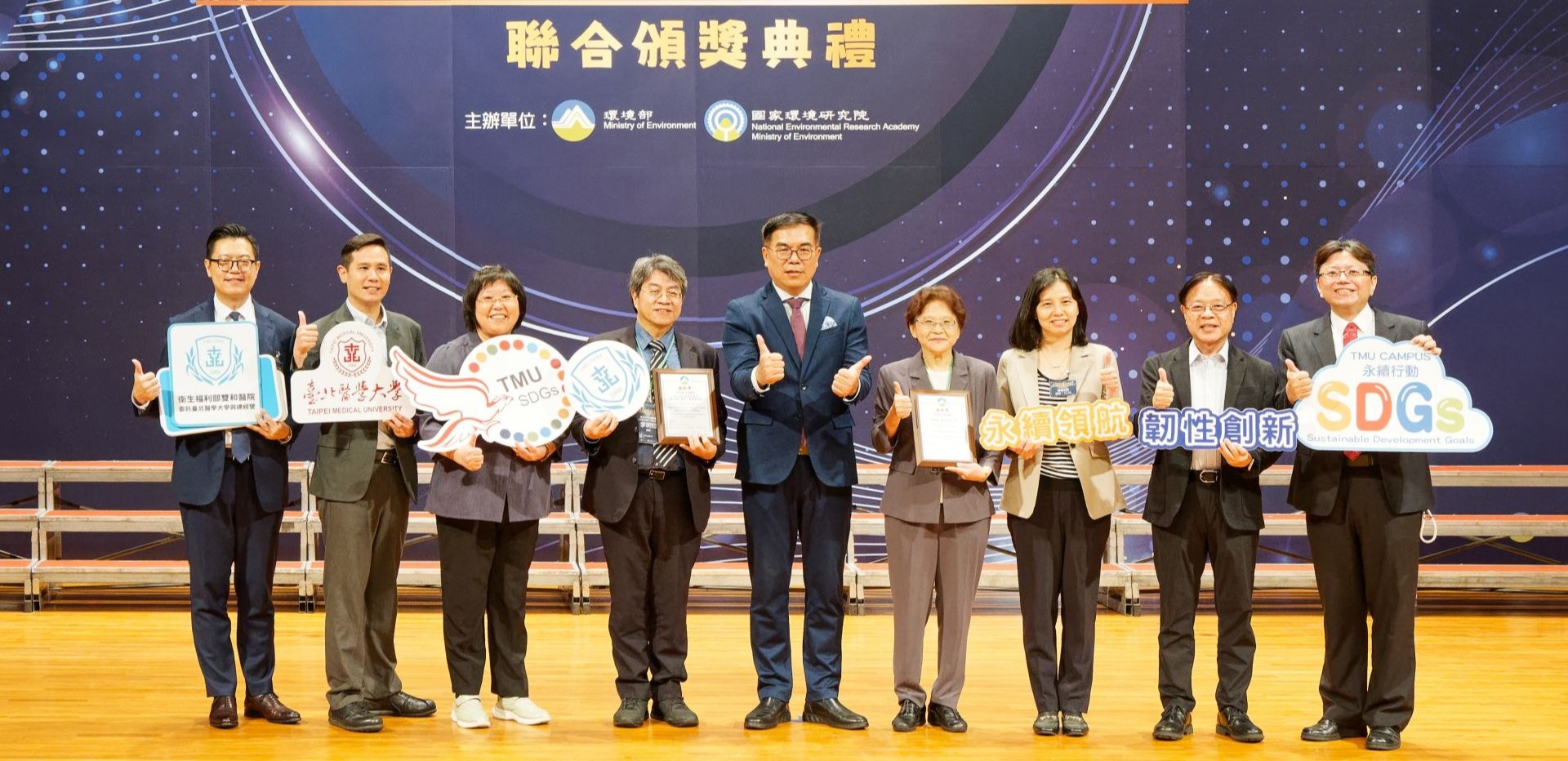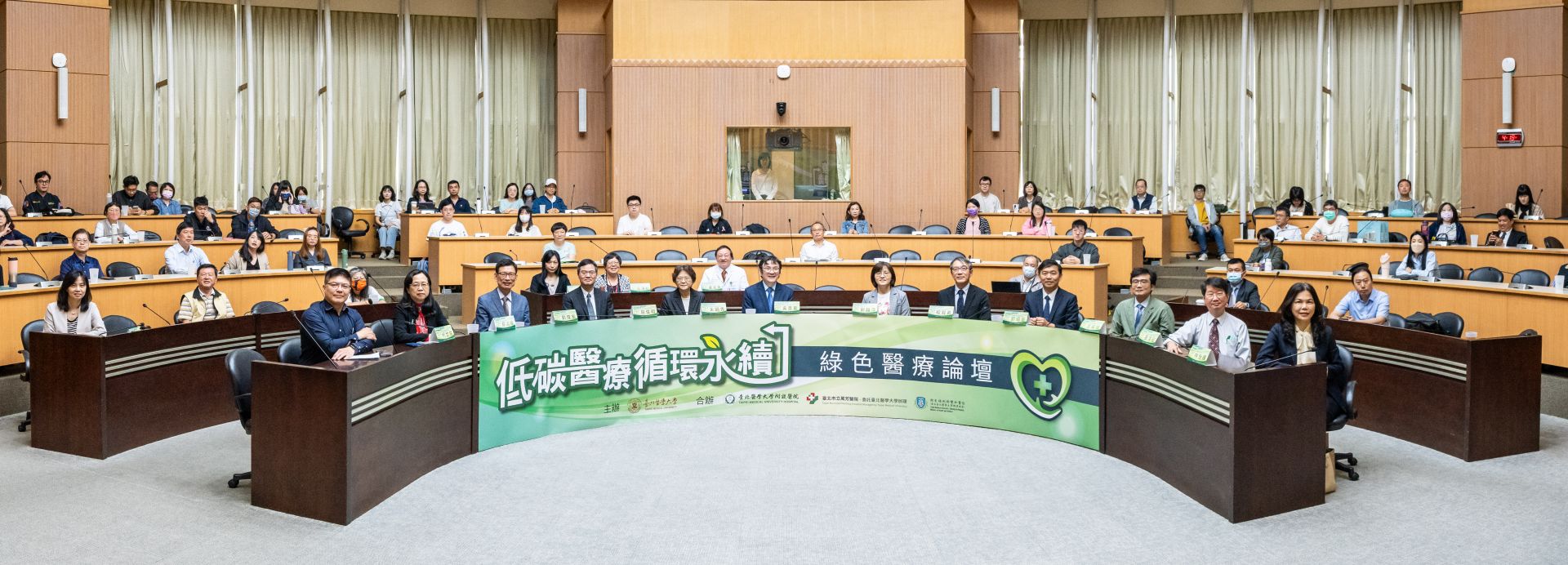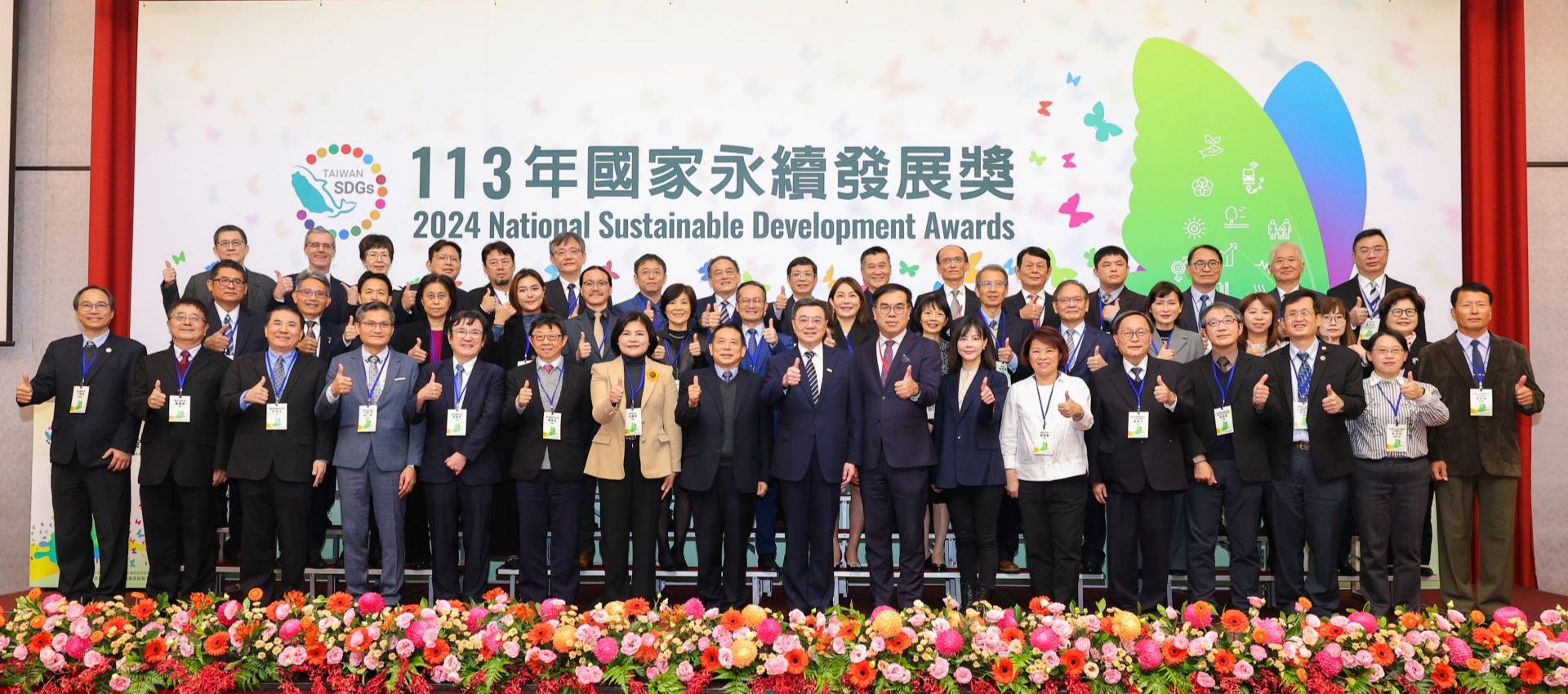THE FIRST-EVER HEALTH DAY IN COP HISTORY SHOWED THE COP28 PRESIDENCY’S COMMITMENT TO HOLISTIC ACTION ADDRESSING HUMANITY’S PRIORITIES.
Climate change is the greatest threat to human lives, health, livelihoods, and well-being in the 21st century and amplifies peace and security issues. Responding to the needs created by climate change in many contexts is already beyond the means of national and international humanitarian actors, threatening to overwhelm health workforces and infrastructure with health-related costs estimated at $2 billion to $4 billion annually by 2030. At the same time, climate risks are concentrated among the most underprivileged communities, many of whom are vastly under-resourced in terms of resilience building and adaptation, undermining development and communities, many of whom are vastly under-resourced in terms of resilience building and adaptation, undermining development and stability. stability. On this Health and Relief, Recovery & Peace Day, Parties and Non-State Actors highlighted these key issues and the solutions that will protect those impacted by climate change, humanitarian and health challenges.
MAJOR ANNOUNCEMENTS
- Building on the World Climate Action Summit launch of the “UAE Declaration on Climate and Health ”, the day saw the first-ever Climate-Health Ministerial. Over 110 health ministries, including 49 Ministers of Health, shared experiences and best practices. They built convergence on shared priorities and a path forward to overcome existing barriers to mainstream health in the climate discourse. Progress check will take place at next year’s World Health Organization (WHO) General Assembly.
- At the Reaching the Last Mile Forum, $777 million was pledged to accelerate progress against Neglected Tropical Diseases, including $100 million announced by the UAE, as well as contributions by the Bill & Melinda Gates Foundation, Children's Investment Fund Foundation, Belgium, and the US, among others.
- The “Charter on Finance for Managing Risk: Getting Ahead of Disasters”, championed by the UK Government and the IFRC’s Risk-informed Early Action Partnership (REAP), was signed by 39 countries and partner agencies, coordinated by Samoa and the UK, with UAE support. Signatories, the Green Climate Fund, and Plan international, among others, outlined a vision to facilitate pre-arranged finance and defined a set of key principles to act ahead of disasters, advance adaptation efforts, and improve delivery systems to mitigate risks and protect the most vulnerable. Additionally, $221 million was pledged to disaster preparedness, risk insurance, and anticipatory action through contributions from the UK, Norway, France and the European Union.
- 74 countries and 40 organizations endorsed the landmark COP28 UAE Declaration on Climate, Relief, Recovery & Peace. The Declaration unites affected countries and finance and resource providers around the commitment to accelerate climate action and resourcing to people, communities and countries threatened or affected by fragility or conflict, or facing severe humanitarian needs.
- The Islamic Development Bank announced $1 billion in climate finance for member countries affected by fragility and conflict. It will be directed towards an initial package of programming, finance and capacity strengthening solutions to close the climate action gap to fragile and frontline communities. Contributions were also made to the UN Climate Security Mechanism, and the Women’s Peace and Humanitarian Fund.
- Over 530 companies, 86 cities, and 74,100 regions are implementing resilience actions across 164 countries, as highlighted by the Race to Resilience 2023 Progress Report. Together, Race to Resilience initiatives have pledged to enhance the resilience of 3.17 billion people by 2030,mobilizing substantial financial resources, amounting to nearly $40 billion. This effort not only benefits people but also nature, covering 5.48 million hectares.
- A year after its launch at COP27, the Sharm El Sheikh Adaptation Agenda has established eight Task Forces, including over 50 government, cities and regions, businesses, and civil society partners to implement high impact adaptation solutions across food, nature, health, and infrastructure systems.


![[2025 MOE USR Co-Learning] TMU Leads SROI Practice](/userfiles/images/20251009180308153.JPG)


